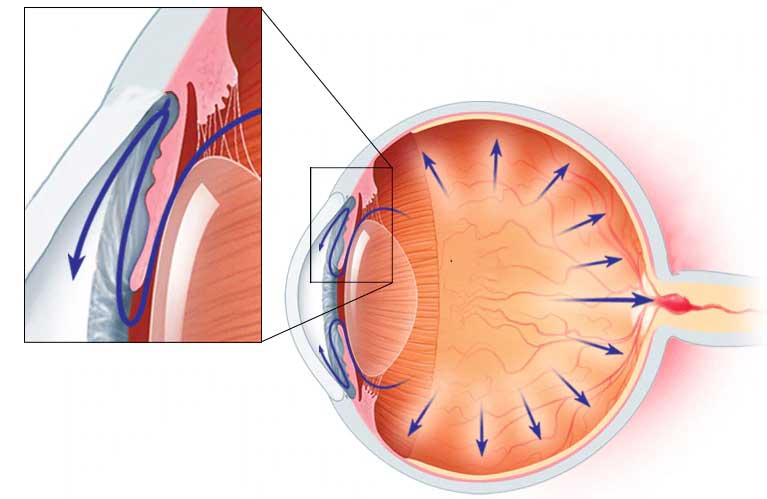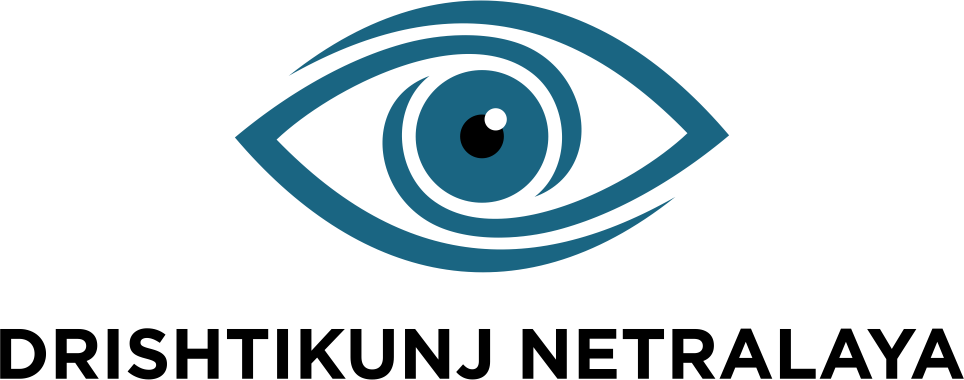EFFECTIVE OPTIONS FOR HEALTH OF YOUR VISION
Keratoconus Treatment
Keratoconus Treatment
Keratoconus is a disorder in which cornea starts expanding into a conical shape. This eye syndrome is progressive and irreversible. When diagnosed early, C3R therapy helps in stabilizing it and in advanced stages, corneal transplantation techniques are quite helpful.


Corneal Transplantation
A cornea transplant is an invasive procedure that replaces affected part of the cornea with a healthy donor corneal tissue. It can restore vision, reduce discomfort and enhance appearance of a cornea that has been impaired or been diseased.
Symptoms
If you have keratoconus, you may observe:

Light Sensitivity

Irritated Eyes

Poor Vision

Distorted Vision

Blurry Vision

Changing Prescription
Advanced Technology & Diagnostic Tools
Our state of art technology suite provides timely diagnosis & better outcomes for your visual health.
- Topography (SIRIUS)
- Ocular Coherence Tomography (OCT)
Treatment Options
Restore your vision with the most advanced Keratoconus management options available today.

Corneal Collagen Crosslinking (C3R/ CXL)

Cornea Transplants

Contact Lenses (RGP – Rigid Gas Permeable)

Corneal Implants

FEATURED TREATMENT OPTION
Corneal Collagen Cross-Linking (C3R)
This minimally invasive process enhances corneal strength by inducing crosslinking of collagen fibres. C3R helps in stabilizing keratoconus in early-stage and prevents further progression of disease and need of corneal transplantation.
Corneal Transplant Surgery
In advanced keratoconus, one may need corneal transplantation (complete/partial layered) depending on the stage of the disease. With the availability of the most advanced techniques, better results and faster recovery is ensured.

Frequently Asked Question:
Listed below are several frequently asked questions regarding Keratoconus
Who is at risk of developing keratoconus?
Vigorous rubbing of eyes and family history of keratoconus may increase risk of developing keratoconus. One out of ten may present with positive family history.
Existence of the following diseases can also raise keratoconus chances.
• Hay Fever
• Asthma
• Retinitis pigmentosa
• Ehlers-Danlos syndrome
• Down syndrome
How can I prevent keratoconus from worsening?
The best way to prevent further development of keratoconus is to follow the recommended treatment protocol and get regular eye check-ups. Keratoconus is an eye disease that can be progressive. We will plan your treatment once the diagnosis is established.
Is keratoconus Irreversible?
Yes, keratoconus is a progressive disease and with C3R Therapy, keratoconus progression can be managed but irreversible.
Is keratoconus hereditary?
Keratoconus is mainly genetic but can also be affected by behavioural and environmental factors. The genetic factors increase the risk of developing keratoconus if you have a keratoconus family history.
